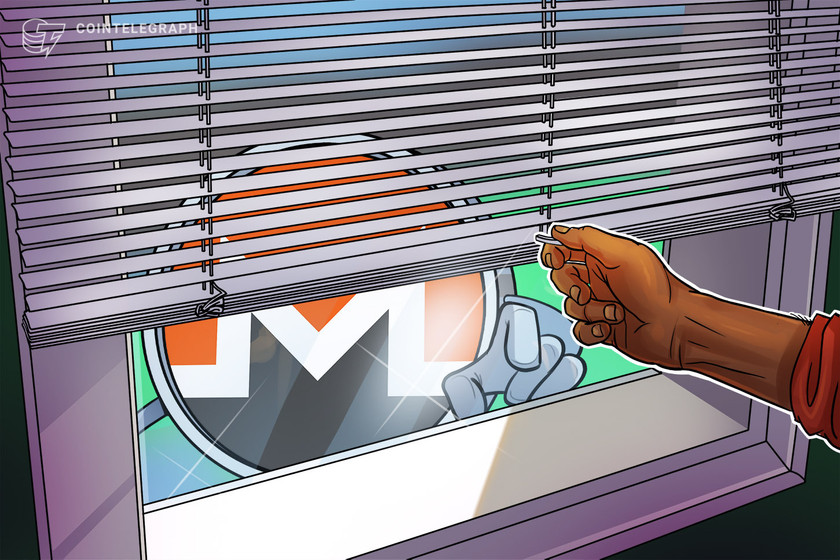GALA token exploit ‘not a white hat act:’ Huobi Global


Huobi claimed that calling the incident a white hat move was only pNetwork’s excuse to avoid legal sanctions.
Disclaimer: This article has been updated with pNetwork’s official response to Huobi.
Days after GameFi project Gala Games and decentralized finance (DeFi) protocol pNetwork assured its community that everything was fine, crypto exchange Huobi Global came out with its version of the story, accusing pNetwork of earning a $4.5 million profit from the recent pGALA crash.
On Nov. 3, a suspected attacker minted $2 billion worth of GALA (GALA) on BNB Smart Chain and dumped a portion of the tokens on PancakeSwap, earning a total of 12,977 BNB (BNB), which was worth around $4.5 million at the time. This drained a PancakeSwap pool and caused a drop in the token price.
According to a crypto analytics account called Lookonchain, some traders took advantage of the situation, buying GALA from PancakeSwap and dumping the tokens on Huobi, causing a price crash from $0.04 to $0.0003 on the crypto exchange.
With the community in fear of a potential multi-billion dollar hack, the Gala Games president for blockchain Jason Brink took to Twitter to explain that everything is fine and that the activity observed is part of pNetwork’s efforts to safeguard its liquidity pool from vulnerabilities.
However, in a recent announcement by Huobi Global, the crypto exchange made allegations against pNetwork, claiming that the protocol’s recent behavior was not a white hat move. According to Huobi, the recent incident was a scheme for malicious profit. Additionally, the crypto exchange also alleged that calling the activity a white hat attack was only an excuse by the pNetwork team “to avoid legal consequences.”
Related: Huobi Global reportedly plans relocation to the Caribbean
Furthermore, Huobi also made claims that the incident caused massive losses for its users. The exchange underscored that it is ready to represent the users who sustained damages from the incident and threatened to take legal action against pNetwork. However, if the alleged attackers are willing to return the proceeds from the attack, Huobi said that it will provide a $1 million bounty and will not pursue its legal responsibilities.
In response to the allegations made by Huobi, pNetwork officially responded, deeming Huobi’s allegations as untruthful. The DeFi protocol highlighted that they have definitive proof that pNetwork acted in good faith and all actions were done in collaboration with Gala Games. The firm also explained that it will seek legal action against Huobi for its allegations.












